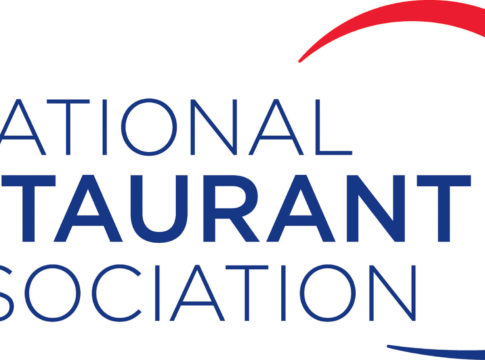Today, the National Restaurant Association called on President Trump and congressional leaders to provide immediate relief in the wake of government-mandated operational changes. The large-scale closures and restrictions on gatherings have created an economic hardship that will ripple through every community in this country.
Early economic forecasts reveal the industry will sustain at least a $225 billion loss and be forced to eliminate between 5 to 7 million jobs over the next three-months; however, the White House and others are projecting a potentially longer period for reduced operations. In a letter to the Administration and Congress, the National Restaurant Association outlined several options that can provide relief and aid recovery for the nation’s one million restaurants and 15.6 million employees.
“We are revising our business model to provide meals in different ways, takeout, delivery, safety-enhanced dine-in, but the majority of our restaurants do not have this capability today. As the restrictions continue, we are facing economic headwinds that will lead many restaurants to shut down operations, lay off workers, and end service in our communities,” said Executive Vice President of Public Affairs Sean Kennedy. “Taken together, these proposals will ensure that restaurants have increased liquidity and access to necessary financing to help the industry and its employees recover.”
The Association proposed three separate categories of protection for industry restaurants and employees: directed/targeted financial relief; loans/insurance options for impacted small businesses; and tax measures.
Direct relief should include a Department of the Treasury-established $145 billion restaurant and food service industry recovery fund to help cover operations and pay employees; a proposed $35 billion community development block grant for disaster relief for regions and communities especially hard-hit, similar to a program used to help areas following the September 11 attacks; and assistance in allowing businesses to defer mortgage, lease, and loan obligations.
Loans and insurance protections should include $100 billion in federally backed business interruption insurance to help sustain businesses and their employees over an anticipated long-term recovery; establishing a new federal loan program to backstop lost revenue to be provided if an employer keeps its workers on payroll and supports sick leave requirements; a $45 billion expansion in affordable federal and conventional loans; and, $130 million in disaster unemployment assistance which will help employees with financial assistance during interrupted employment because of closures or hardships.
Tax programs should include a fix to the Qualified Improvement Property (QIP) technical correction which was a drafting error in the 2017 tax bill that would help facilities across the country fund improvements and hire local vendors and service providers; delay and forbearance provisions for certain tax obligations to assist already tight cash flow during the crisis; tax credits for businesses that retain employees during the hardship; reduced credit card fees and a temporary payroll tax cut to stimulate activity.





